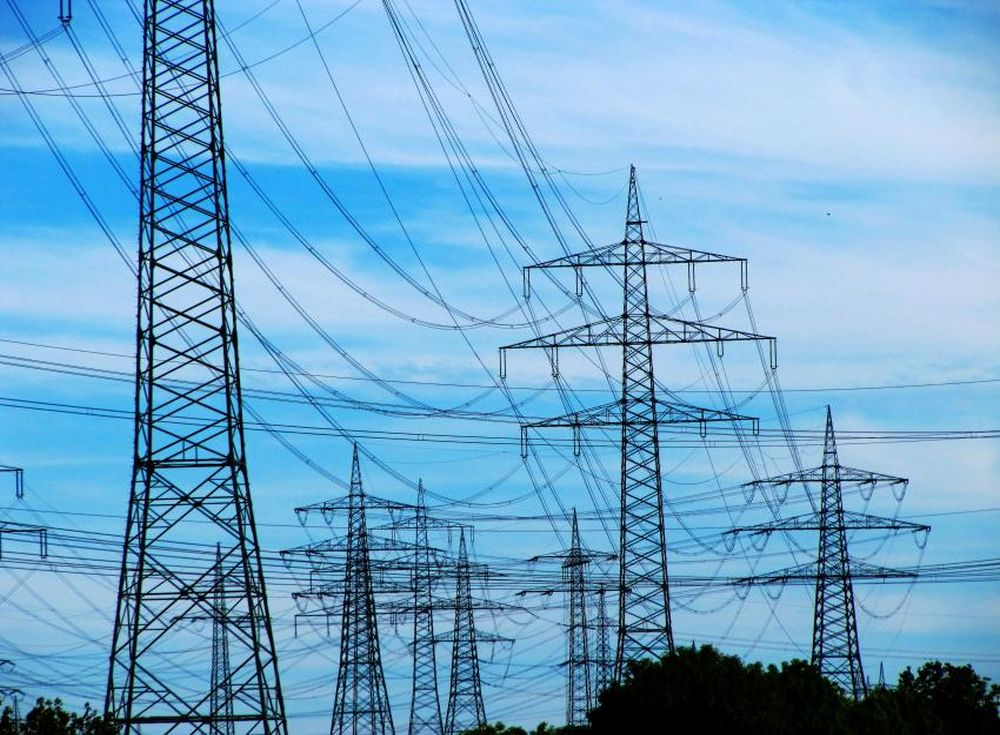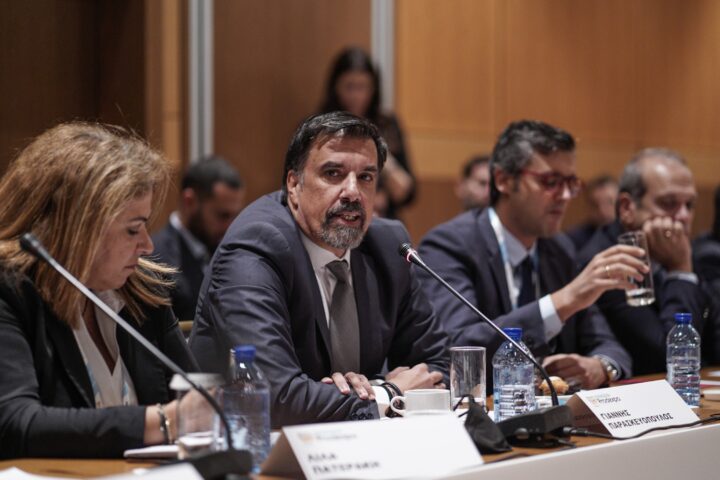Greece officially went into lockdown on March 16 as part of the government’s plans to curtail and control the spread of the deadly coronavirus.
The closure of schools and universities, the ban on conferences, social gatherings and a shut-down of theatres, cinemas restaurants, cafes and commercial stores had preceded a week earlier.
The impact of all these precautionary measures on the economy, aimed at minimising social interaction, has been simply devastating as suddenly thousands of small and medium-sized companies were forced to close and fire employees as well as business associates en masse.
In a futile attempt to soften the blow to the economy, which finance ministry sources say will contract by 3.0% of GDP this year, whereas independent analysts predict this could shrink by as much as 8%, the government introduced a €3 bln interim package to provide immediate funds to the jobless and also help some companies to survive the present downturn.
At the same time, the government is seeking additional financial support from Brussels as part of an overall effort, in liaison with eight other governments, either through the issue of a Eurobond (much to the annoyance of Germany) or through recourse to the European Support Mechanism (ESM).
One of the sectors worse hit is energy since all enterprises in this domain rely on continuous demand.
However, in a country under a state of siege where people are literally ordered to stay at home and circulation in the open is banned with heavy penalties imposed on trespassers, energy demand has shrunk.
Road transport has more or less ceased, factories and enterprises have closed, air travel has stopped and those confined at home are becoming energy conscious because of sky-high electricity bills.
If the energy sector was run as it used to 10-15 years ago, where energy supply and distribution was in the hands of state-controlled companies and strictly regulated by the government, the situation would not have caused as much alarm.
On the contrary, a significant drop in energy use would have been good news since as a net energy importer the country was to gain considerably by minimising its fuel bill.
Greece currently imports 100% of its oil and gas needs and 30% of its electricity mix is covered by imports from neighbouring countries with its import energy bill in excess of €6 bln.
However, since early March the energy balance has been upended with gasoline sales from the country’s two refining groups, Hellenic Petroleum and Motoroil, having plummeted by 35% over the last four weeks and an 80% foreseen drop in April, since the traditional Easter holiday has been cancelled.
As both refineries are to receive fresh supplies of crude oil, ordered since January and February, and with continuously falling sales, they will soon face a storage problem.
More severe is the situation with petrol retailers which now face a liquidity crisis as sales have sharply dropped but nonetheless are faced with weekly payments of government taxes and inflexible running costs.
Heating fuel
On the bright side, we have an increase of almost 60% in heating fuel as families stay home and the cold weather persists well into this month.
Far more serious is the situation prevailing in the electricity market where the incumbent Public Power Corporation (PPC) is once again faced with an apparently insurmountable credit crunch largely coming from the past with €2.5 bln of unpaid bills.
This is now aggravated further following the sudden closure of 220,000 businesses and the laying off of 600,000 employees.
As PPC controls 70% of the country’s retail electricity market, with the rest shared among six other companies, it is the main contributor to the operating “pool” system which is the paymaster of all electricity suppliers.
With the government having obliged electricity providers to refrain from the suspension of electricity provision to households and businesses due to unpaid bills, in view of the coronavirus-imposed lockdown, electricity companies are unable to meet their operating expenses.
Following the latest teleconference between the private electricity companies, PPC and the ministry of energy, a rescue package of some €1 bln is currently under consideration.
Although electricity sales have only retreated by 5% during March and much more anticipated in April, the problem facing Greece’s electricity market is one of liquidity rather than demand.
What is becoming clearer by the day is the sharp fall of greenhouse gas emissions on account of sharply reduced transportation and industrial activity.
With new remote work habits likely to prevail in the post-coronavirus world and new less energy-consuming modes of operation to be adopted by large enterprises, issues such as energy transition and the EU’s much-touted Green Deal are fast becoming irrelevant.
From now on attention will inevitably focus on energy security and the financial viability of market-driven energy supply.
Costis Stambolis is a Financial Mirror correspondent, based in Athens.










